You probably aren’t going to have to do a TED talk anytime soon in your near future. However, we all have to present, communicate and convince other people. Asking for that salary raise? Discussing the new project with your team? Needing to get buy in from stakeholders? Speaking in front of your board? This all requires crushing it during the presentation. Presentation skills, I believe, are one of the most undervalued, least taught, and difficult skill for many leaders to master. Here are 40 tips, hints and facts that I practice, use routinely and hope you find some help with: crushing your next presentation…
I'm not always the best at being assertive, here are 7 Steps I learned to become more assertive
I have to be honest, and you may not believe me, but this is one of the hardest skills I am in the works of learning. Perhaps it's my 8-person family, puritan upbringing, and as a middle child I just went along with what the group wanted, but assertiveness has never been a strength of mine. I believe in a give, give, give, ask method of forward movement (in marketing, sales, strategy, people, etc.), however sometimes I recognize the ask has to come a little bit sooner. Assertiveness is not being tough or arrogant. It’s actually a very humble and thoughtful dance. It is recognizing that we have value and we sometimes need to put up boundaries for others to recognize our value.
Forget the New 2019 Leadership Fad and Try These 13 Back-To-Basics Disciplines To Be A Great Leader
As I continue to travel around and see various businesses and organizations trying to get the edge on their competition or the market, I’m still astonished at the lack of basics from our leaders. Don’t get me wrong, the basics are hard. And, sometimes they’re not hot or new. And, so they are rarely discussed (even though some of them have been around for years) and barely used. However, they are time-tested and worth consideration. Forget the the 2019 leadership buzzwords and try some of these concepts as you develop your leadership.
Stop Talking about Generations and Start Talking About Better People-Skills!
My punch line at the end of most of my talks is, “we don’t have a Millennial problem, or even a generation problem, we have a people to people problem.” As the generation guy, I’m saying we need to stop talking about generations and start talking about empowering our workers (Boomers, Xers, Yers, all) to better handle people!
The Leaderverse
Welcome to 2019! I’m excited to boot up the blog again and hope to be pushing out more content this year with a focus on leadership.
Growing Millennial Leadership is a passion project for me and like many things, it needs to evolve. This year many of my topics will be around real practical leadership skills, as well as the innovation, grit and resilience that is needed to not just be a good employee, entrepreneur or leader, but also to lead a healthier life.
At The Heart of True Innovation are Trust and Vulnerability
Innovation, or the application of better solutions that meet new requirements, unarticulated needs, or existing market, has a lot to do with the tasks, processes, and smart people! However, true innovation relies more on the ability to trust and be vulnerable in the incubator stage of an idea or innovation.
False innovation can be defined, if we borrow some language from vulnerability author Brené Brown as, “the absence of honest conversation about the hard work that takes us from lying facedown in the arena to rising strong has led to two dangerous outcomes: the propensity to gold-plate grit and a badassery deficit.”
White Paper: Millennials, Brands and Trust - FREE DOWNLOAD
Based on a presentation given at NYC Relate Live Conference, this 10-page white paper digs down into the concept of the Beloved Brand Triangle that author Matt Harrington created and showcased at the conference. Learn how Millennials, trust are all intertwined and walk away with key questions to ask your organization and customers to build a more beloved, Millennial-friendly company.
Part 3: How "Narrative Belonging" Should Define Today’s Brands for Millennials
Let’s build out the Beloved Brand Triangle with thesis #3. The final point on our triangle is narrative belonging. Narrative Belonging is the ongoing effort by a brand to tell the story continually of how a customer that uses the brand will have a sense of belonging to the product and service that will greatly enhance the customer’s existence and experience.
Why Millennials Need Authentic Trust in Their Products
The challenge for many companies is that the Millennial generation will hold you to your sales pitch. The days of the “snake oil” salesman are dead. For many companies, who are not entirely truthful, who lack competency and character in their business practices and product, they will rue the day that 93 million Millennials find out that they are in fact not telling the truth. This generation, who has a rigorous demand for excellence, will hop on their social platforms and announce to the world that you are now deemed untrustworthy.
Millennials and Their Rigorous Demand for Excellence in Brands
Millennials. Brands. Trust. Three things that seemingly go together, yet each one has its own origin story. Exploring each one is the task at hand for the next month and a half as we prepare for the Relate Live New York City conference on October 22-23. How we fit these massive topics all into a 45 minute presentation, giving each one its own stage time, while connecting the dots, threading the narrative through all of them to come away with useful insights and nuggets of knowledge for conference goers will be our challenge.















